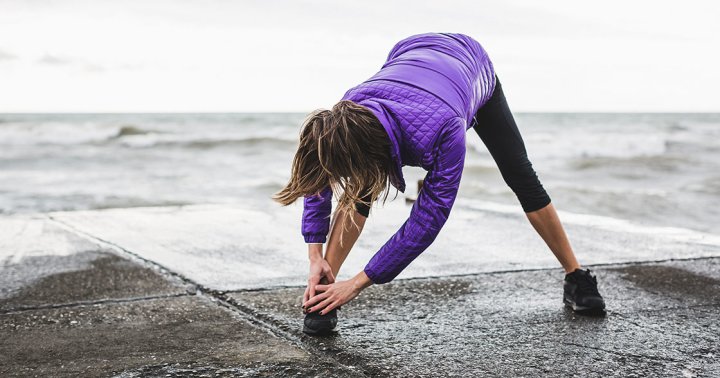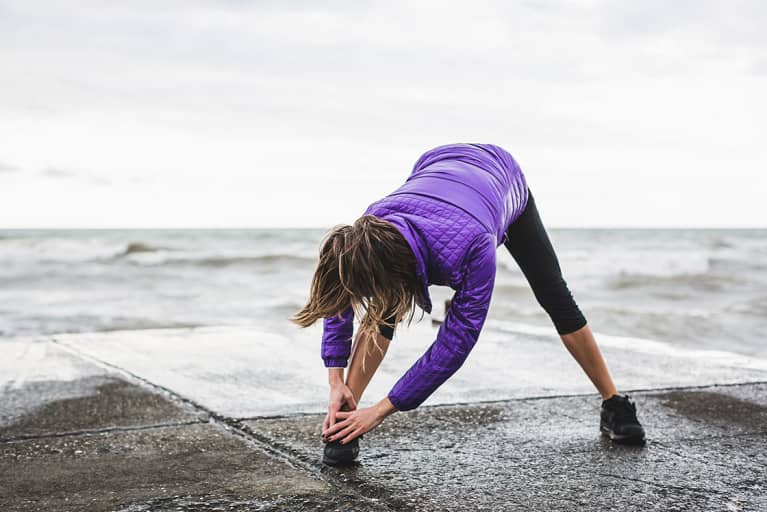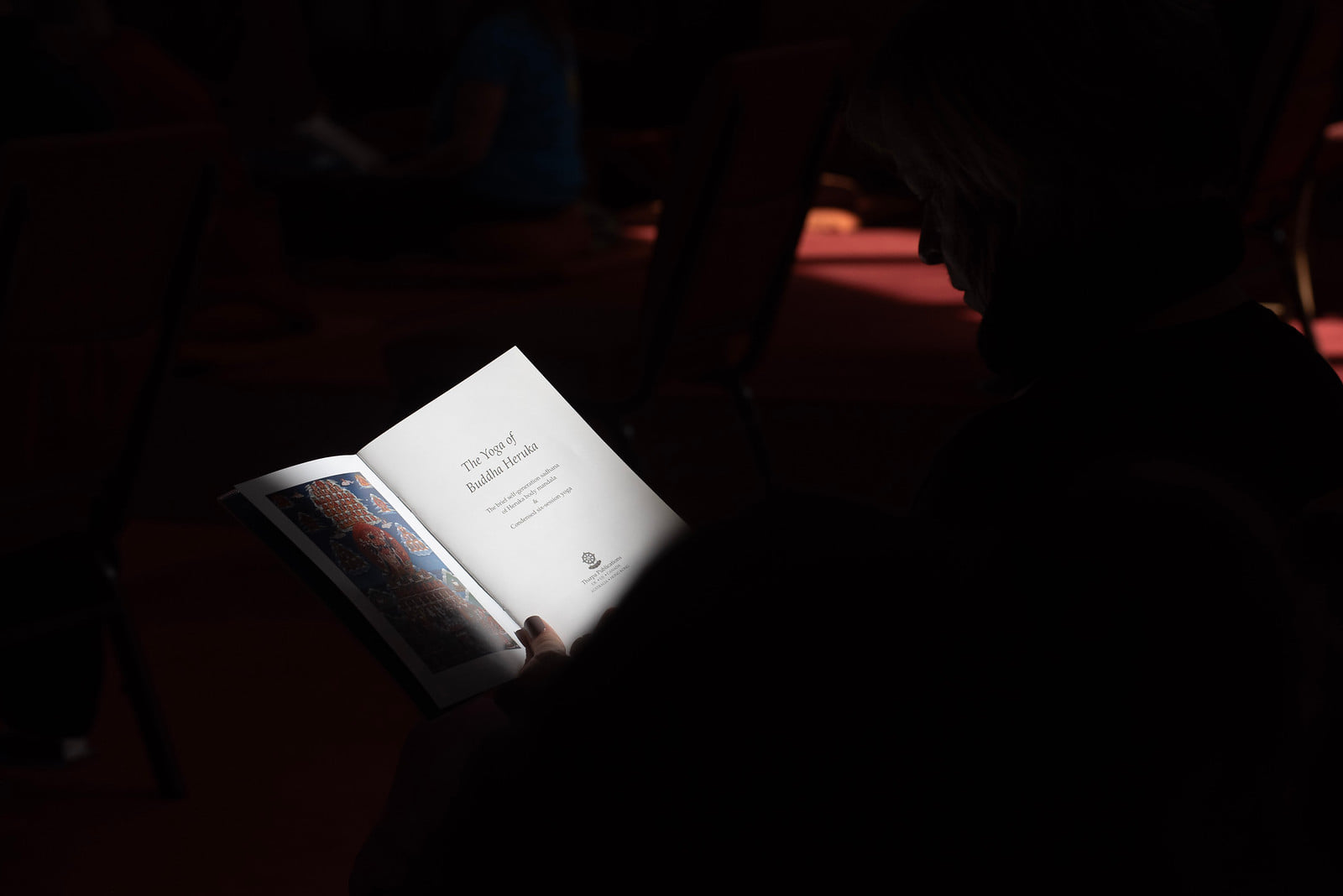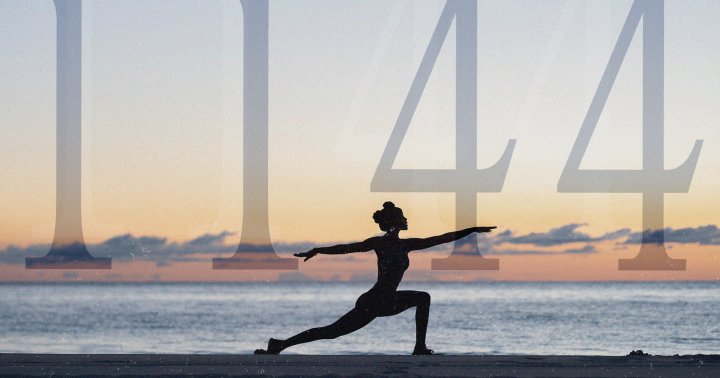Every Single Way To Strategically Stress Your Body & Supercharge Longevity
There are quite a few avenues to take.


Our editors have independently chosen the products listed on this page. If you purchase something mentioned in this article, we may earn a small commission.
March 11, 2022 — 11:38 AM
You heard it here first: The key to becoming more resistant to stress is…stress? Don’t run off just yet! We’re talking about a concept called hormesis—basically, short, intermittent bursts of certain stressors (called "hormetic stressors") can trigger a cascade of cellular processes that make you more resilient to future physical and mental stress, thus enhancing longevity. It’s essentially a very scientific way to say what doesn’t kill you makes you stronger.
If you’re interested in strategically stressing your body, there are quite a few avenues to take (beyond cold showers, we promise!). Find the practice that best suits your lifestyle below:
Brief yet intense cold exposures have been associated with a balanced inflammatory response, improved sleep, muscle and joint health, and mood support—it’s why longevity experts love a good ice bath. And according to longevity expert and Harvard geneticist David Sinclair, Ph.D., a cold plunge also activates the production of brown fat: "Brown fat is super healthy," he says on the mindbodygreen podcast. Brown fat burns energy to create heat and manage body temperature, which is why it's activated by colder temperatures. "I used to do cycles of four degrees Celsius, almost shivering cold water, up to my neck and stay in there for as long as I could bear—which was about five minutes," he adds.
Health Coach Certification
A best-in-class, board certified curriculum grounded in a holistic approach to healing.

Of course, not many of us have easy access to an ice bath or freezing body of water. However, you can also reap similar benefits from dunking just your face into a bowl of ice water for 30 seconds—in fact, the quick technique has taken over TikTok (the search for “sticking your face in ice water” has around 10 million views and counting).
This face-focused plunge may have even more benefits for your mental health—and maintaining mental well-being is crucial for optimizing longevity. Just ask exercise physiologist, personal trainer, and New York Times bestselling author Ben Greenfield: "Cold water immersion for the face is one of the best ways to tone that vagus nerve and allow your nervous system to have that type of resilience," he says in another mindbodygreen podcast episode. "When your vagus nerve becomes toned, it's able to more effectively communicate with the rest of the organs—the heart, the lungs, the diaphragm, the brain—and it also is able to respond to stress in a far more refined way."
No ice bath? No problem. Sinclair suggests a cold blast in the shower at least once a week: Just turn the nozzle as cold as you can and stand under the spray for a few minutes. After those few minutes are up, turn the faucet up to high heat and let the shower steam up (an impromptu steam sauna!). Just be careful not to actually stand under the scalding water, as you may burn your skin.
That cold-to-heat experience can shock your body in a quick yet meaningful way. Sauna use, specifically, has been associated with reduced all-cause mortality risk; and periodic heat exposure, in general, can boost the expression of "heat shock" proteins in the body, which may help strengthen the immune system and promote longevity.
3. Exercise in the cold.
If you can’t stomach the thought of turning the faucet all the way to freezing (I’m with you), Greenfield says you can also reap some of those benefits from simply exercising outside in the cold; it doesn't have quite as much of an impact as that cold water immersion, but it does have an effect. "If you go outside and exercise in the ambient air temperature, preferably 55 degrees or under, you're getting some of the benefits," he explains.
Not to mention, exercising outside in the cold adds a layer of healthy discomfort that your body and mind must overcome—and engaging in mentally stimulating and challenging activities can also kickstart hormesis. See, when you have to focus on the cold weather, it forces you to get out of your head in a way that promotes a degree of mental fitness. Plus, you have to keep tabs on your surrounding environment while you work out so you don't trip over a rock, tree, person, etc. "There are all sorts of things that happen outdoors that are unpredictable and are more stimulating to the mind," Greenfield notes, which can offer some healthy stress.
4. Time-restricted eating.
Time-restricted eating puts your body into a perceived state of stress due to temporary nutrient deprivation. Of course, everyone may have a different eating window (for example, some prefer a 16:8 eating schedule while others find more success with a 12-hour fast), but the point is to induce autophagy, a cellular cleanup process that may contribute to improved cellular health and longevity.
Time-restricted eating isn’t for everyone, and that’s OK (there are more than a few ways to strategically stress your body, which is the entire point of this article), but if you think you might benefit from a fasting plan, check out our full guide here.
That temporary nutrient deprivation we just mentioned can induce healthy stress, but did you know eating a few special foods can actually have a similar effect? See, the more "stressed out" a plant is, the brighter colors it will have (think of a beautiful, multi-colored heirloom tomato). Those spots reflect defensive molecules (called xenohormetic molecules) that make the plant more resilient—and when we consume those stressed-out plants, we're ingesting those healthy, resilient molecules as well. One study even showed that "wounding" the leaves of strawberry plants the same way insects do resulted in a higher concentration of antioxidant compounds.
Other xenohormetic nutrients include curcumin from turmeric, resveratrol from berries and wine, allicin from garlic, quercetin from a variety of fruits and vegetables, and even green tea, says integrative physician Robert Rountree, M.D. "Some of the same systems are turned on whether you're taking a cold plunge or eating broccoli sprouts," he adds, as the glucosinolates in broccoli sprouts are thought to activate beneficial detoxification enzymes. Neat, no?
By holding your breath for as long as is comfortable (assuming you have no serious medical conditions), you can help improve lung capacity over time. "If you are healthy, you're not pregnant, and you've got no serious medical conditions, do some breath holds," suggests breathing expert and bestselling author Patrick McKeown on the mindbodygreen podcast. "You take a normal breath in and out through your nose, pinch your nose, and hold. Then start walking with the breath hold and go into a jog. Keep going until the air hunger is quite strong, and then let go." Perhaps start with a simple walk, working your way up to a jog after a few sessions.
Essentially, this exercise reduces your carbon dioxide sensitivity, which is an important marker for respiratory strength. "What that can do is increase carbon dioxide in the blood, and it can help to reduce your sensitivity to the gas," McKeown adds. "That's something we use a lot with athletes, but it does more than that: It will open up the nose; it will open up the lungs; it will increase blood flow to the brain." What’s more: Pair a breathwork practice with cryotherapy, á la Wim Hof, and research has shown the practice can help control the stress response and increase pain tolerance.
There are more than a few ways to strategically stress your body and enhance longevity. Not a fan of frigid showers? Give breath holds a try. Can’t seem to stick to a time-restricted eating plan? Get your fill of brightly colored, “stressed” plants instead.
Just one quick, important caveat we should mention: Keep these stressors short and sweet (especially fasting and cold plunges). You need just enough of a nudge to kickstart beneficial cellular processes—if you overdo it, those stressors can actually backfire. But a little bit of stress, it seems, isn’t such a bad thing.
https://www.mindbodygreen.com/articles/how-to-strategically-stress-your-body-for-longevity

 Lynk
Lynk 
































